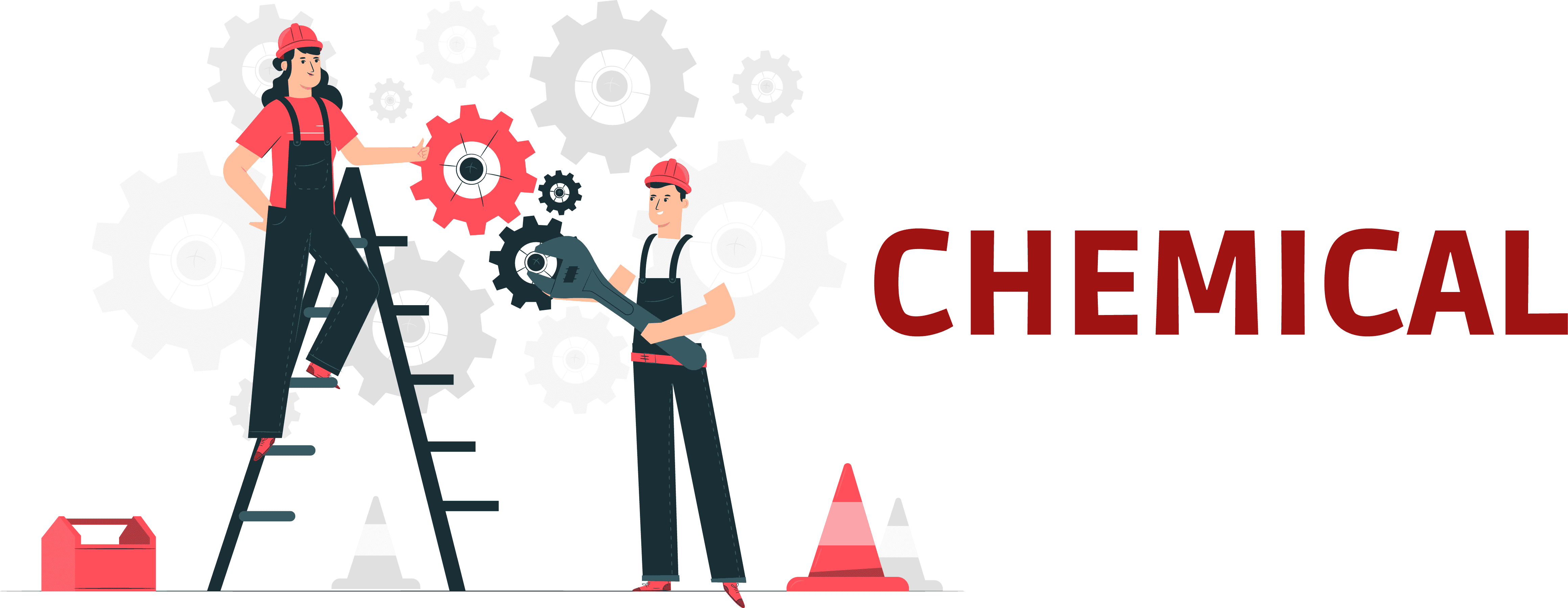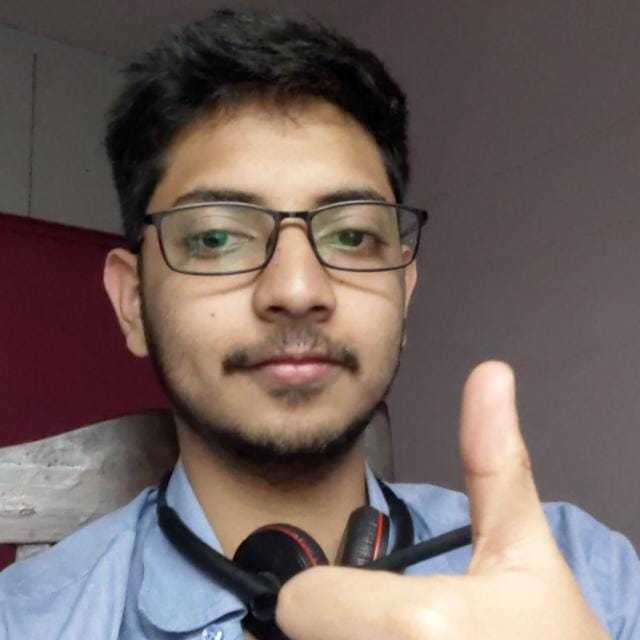
QnA
What is chemical core?
Abhinav Palaparthy: The word core originates from fundamental industries part of any economy, industries like steel manufacturing, power generation, cement production etc . For chemical engineers, that includes oil production and refinery, petrochemicals ,fertilizers, et cetera. These are very established industries; they have been existing for quite some time now and people have made some amazing strides in these the past. Most current jobs include debottlenecking, designing equipment, facility maintenance and business management. New technologies, be it in the field of electronics, instrumentation, computer science and biology are also important as they are currently being applied to improve processes. However, these developments mostly constitute R&D and most good R&D happens outside India.
Read about Abhinav Palaparthy's journey here
How can students build their profiles for roles in this field?
Abhinav Palaparthy: Having good conversation skills and a decent resume helps. Fundamental knowledge on Chemical CDCs is also important.
Read about Abhinav Palaparthy's journey here
Could you comment on the growth and scope of opportunities in the chemical core industries?
Abhinav Palaparthy: Companies generally have two lines of growth, a technical ladder or a management ladder and the details are very internal to the company. If you choose the technical ladder then you are made an expert in a particular field for example, an equipment lead or process design expert, etc. You will also have an opportunity to be the lead engineer for major capital projects including designing and commissioning. Another opportunity on the technical ladder is to work in R&D. For this ideally I recommend people to do a PhD and go abroad. The second track is a management track, this involves handling people, money and running the company. In India I would say the technical line has limited scope and most engineers prefer to grow on the management track. However this is very subjective and the technical track can also be very rewarding. If you are working abroad, I would say that both tracks are equally lucrative but most immigrants end up on the technical track.
Read about Abhinav Palaparthy's journey here
Many chemical students take a finance minor. How useful do you think these courses are?
Abhinav Palaparthy: The courses are good and are helpful for those who wish to branch out to finance or do an MBA in the future. I chose not to opt for the minor as I really wanted to explore everything that the college offers. I took my open electives in mechanical, computer science, mathematics, humanities and finance. I think it was just the fact that I didn't feel that the minor would really add a lot of value to me, but exploring different fields would.
Read about Abhinav Palaparthy's journey here

